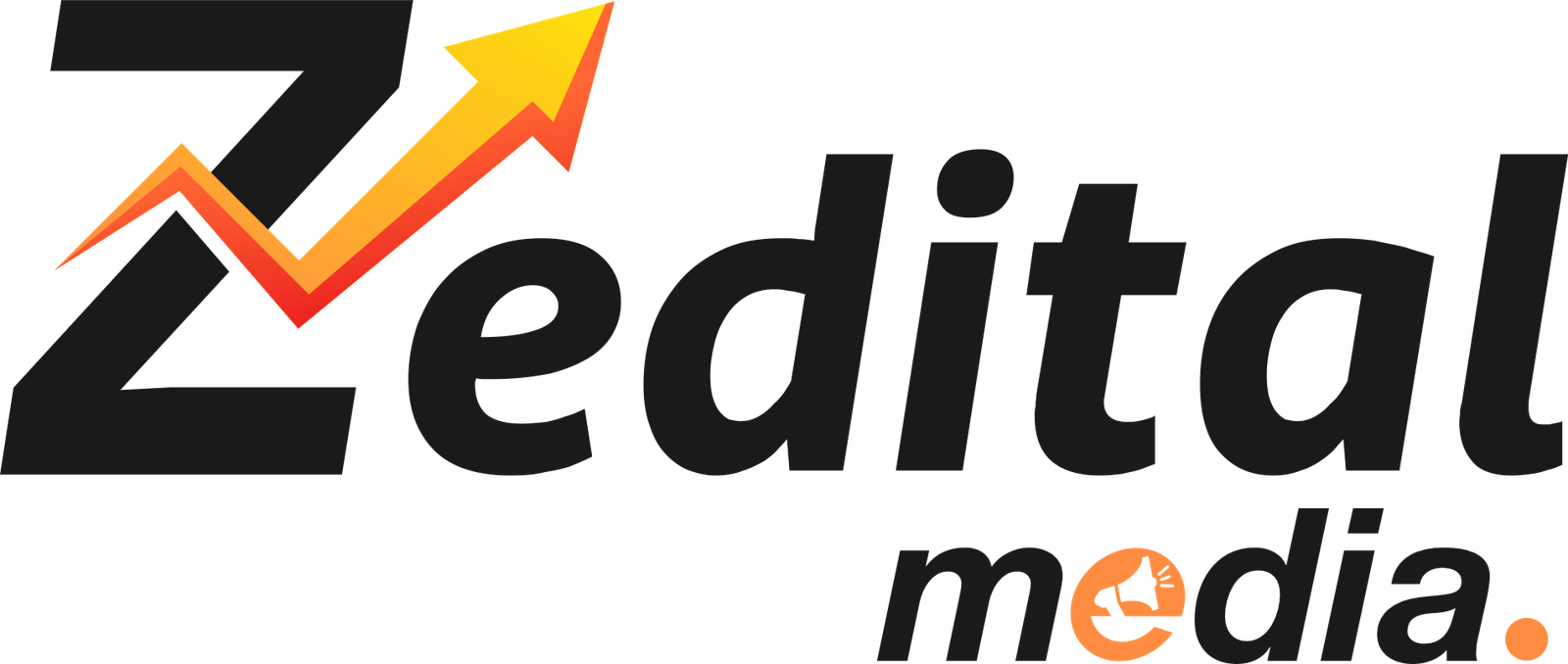Nowadays, the internet and marketing go hand in hand, so you need to know what digital marketing is and how to use it if you want to meet your audiences where they’re at—online!
In 2024, there are 2.71 billion online shoppers, a third of the world’s population—underscoring the need for a strong digital presence. With that in mind, I’m here to discuss all things digital marketing. Keep reading to learn more.

Digital marketing, also called online marketing, refers to all marketing efforts that occur on the internet. Businesses leverage digital channels such as search engines, social media, email, and other websites to connect with current and prospective customers. This also includes communication through text or multimedia messages.
How does a business define digital marketing?
Digital marketing is vital for your business and brand awareness. It seems like every other brand has a website, and if they don’t, they at least have a social media presence or digital ad strategy.
we found that Social media is the highest-return marketing channel and will see the most growth in 2024.
Overall, digital marketing is defined as using numerous digital tactics and channels to connect with customers where they spend much of their time: online.
The best digital marketers have a clear picture of how each digital marketing campaign supports their overarching goals.
Depending on the goals of their marketing strategy, marketers can support a larger campaign through the free and paid channels they have available.
A content marketer, for example, could create a series of blog posts that generate leads from an ebook.
A social media marketer might help promote those blogs through paid and organic posts on the business’s social media accounts, and the email marketer could create an email campaign to send those who download the ebook more information on the company.
Why is digital marketing important?
Digital marketing helps you reach a larger audience than you could through traditional methods and target the prospects who are most likely to buy your product or service. Additionally, it’s often more cost-effective than traditional advertising and enables you to measure success on a daily basis and pivot as you see fit.
1. You can focus your efforts on only the prospects most likely to purchase your product or service.
Digital marketing allows you to identify and target a highly-specific audience with personalized and high-converting marketing messages.
For instance, you might use social media targeting to show ads to a certain audience based on variables like age, gender, location, interests, networks, or behaviors.
Alternatively, you might use ppc and seo strategies to serve ads to users who’ve shown interest in or searched for specific keywords related to your product, service, or industry.
Ultimately, digital marketing helps you conduct the research necessary to identify your buyer personas and refine your strategy to ensure you’re reaching prospects most likely to buy.
2. It’s more cost-effective than outbound marketing methods.
Digital marketing helps you track campaign performance day to day, so you know which channels are performing well and which aren’t. This information helps you optimize your campaign budgets for high ROI.
A digital marketing strategy allows you to pivot continuously, ensuring you never waste money on channels that don’t perform well.
For instance, if you work for a small business with a limited budget, you might try investing in social media, blogging, or SEO – three strategies that can give you high ROI even with minimal spending.
3. Online marketing evens the playing field within your industry and allows you to compete with bigger brands.
If you work for a small business, it’s likely difficult for you to compete with the major brands in your industry, many of which have millions of dollars to invest in campaigns.
4. Digital marketing is measurable.
One of the biggest benefits of digital marketing is that it gives a start-to-finish view of all the metrics that matter to your company — including impressions, shares, views, clicks, and time on the page.
Unlike most offline marketing efforts, digital marketing allows marketers to see accurate results in real time.
If you’ve ever put an advertisement in a newspaper, you’ll know how difficult it is to estimate how many people flipped to that page and paid attention to it. There’s no surefire way to know if that ad was responsible for any sales at all.
On the other hand, with digital marketing, you can measure the ROI of pretty much any aspect of your marketing efforts.
Website Traffic
With digital marketing, you can see the exact number of people who have viewed your website’s homepage in real time by using digital analytics software available in marketing platforms like HubSpot.
You can also see how many pages they visited, what device they were using, and where they came from, amongst other digital analytics data.
This intelligence helps you prioritize which marketing channels to spend more or less time on based on the number of people those channels drive to your website.
With digital marketing, you can identify trends and patterns in people’s behavior before they’ve reached the final stage in their buyer’s journey, meaning you can make more informed decisions about how to attract them to your website right at the top of the marketing funnel.





